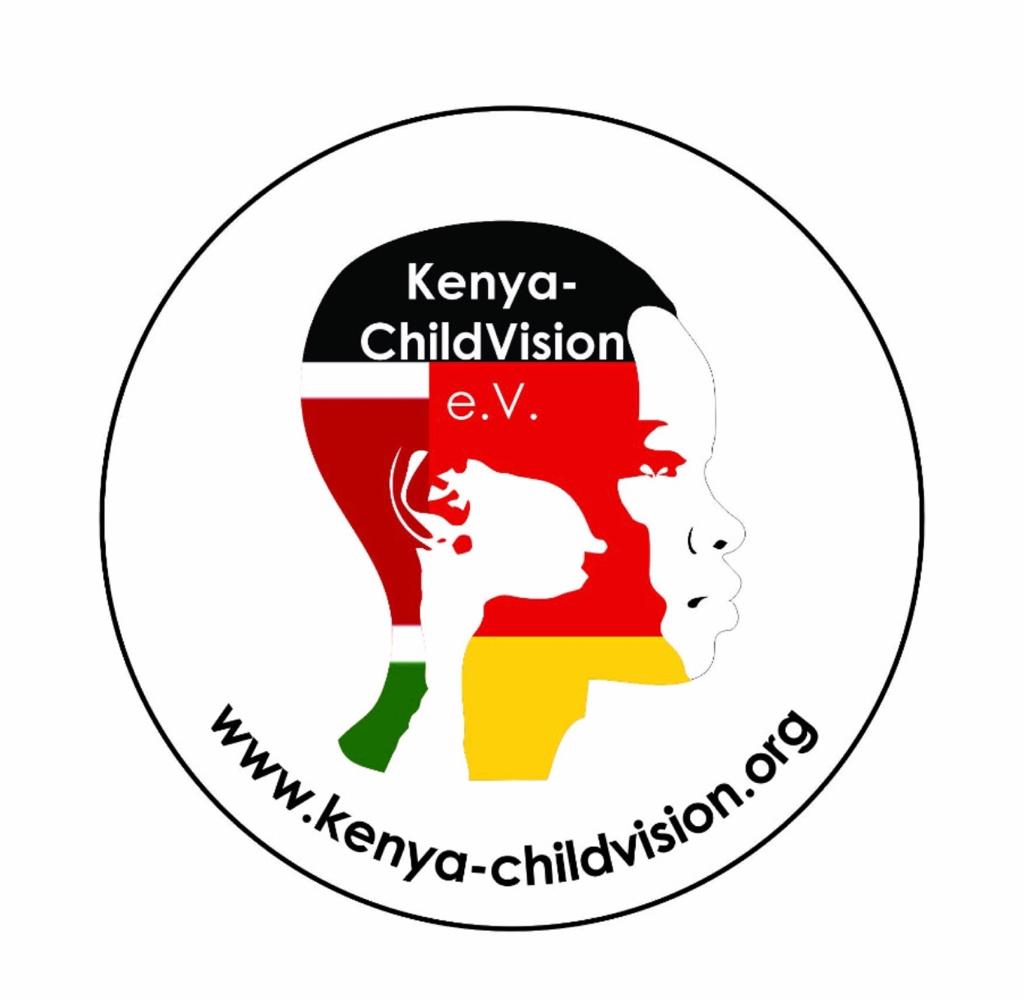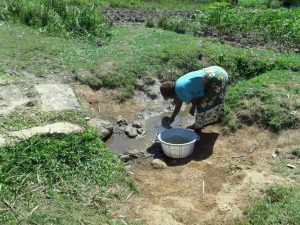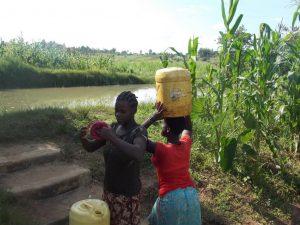Polluted water and the lack of elementary sanitation undermine the efforts to combat extreme poverty and diseases in the villages, particularly in Busia regions. In some other villages, women and children march up to 5 km per day to a standing body of water. The Water is cloudy and unsuitable for consumption. Nevertheless, the full canisters must be carried home despite heat and dirt. Out of emergency, many are forced to drink contaminated water and therefore harmful to their health. The result are diseases like Typhoid, Cholera, Diarrhea, gastrointestinal infection and others. It’s therefore one of our great challenges for us to provide children and people in need with hygienically clean drinking water.
A sufficient well water drilling process that will serve the entire habitant of the village:
To start the process of designing and constructing a water well, We will need to make arrangements with a licensed driller. The driller will find a suitable location to meet the specified purpose of the well to establish a preliminary design.
Once the drilling rig is set up, the drilling process itself may last from several weeks (for a deep, large-diameter well). Sometimes, particularly for large production wells and where water quality is particularly important, the driller will drill a small-diameter pilot hole before drilling the well bore.
From information obtained from the pilot hole, a driller will determine aquifer formations and groundwater quality at various depths and then optimize the final well design for the specific hydrogeological conditions at the site.
Appropriate materials (screen, casing, gravel) will then be ordered in a timely fashion prior to the final drilling. Once the well is drilled, the driller installs well casing and well screens and fills the annulus around the casing with a gravel (filter) pack and the appropriate cement and bentonite seal to prevent water from leaking between uncontaminated and contaminated aquifers or from the land surface into the well (bentonite is a special type of clay used to seal against water leaks).
Then the driller develops the well, implements an aquifer test, completes the sanitary seal of the well head, and installs a pump and power source. Proper design, construction, development, and completion of the well will result in a long life for the well (as long as half a century or more) and efficient well operation.
Implementation:
- Geology report and surveying – € 700.00
- Drilling/ Mobilisation and demolisation – € 1700.00
- Equipping – sand 20 tons @ € 100.00 – € 200.00
- Bricks – 3000 pcs @ € 0.10 – € 00
- Concrete rings/culvert 2 Ø € 70.00 – € 140.00
- Pipes @ € 4.00 (depends on tap – € 4.00
- 1 hand Pump (devis & Shirlliff) – € 450.00
- Water taps @ € 5.00 – 5.00 (a piece).
- Water tank ( 20.000 Ltrs) – € 1400.00
- Driller wages ( miscellaneous) – € 300.00
TOTAL rounded – € 8.000
Drilling cost:
Water borehole drilling cost depends on many different factors, processes and components used to drill a borehole. This is why borehole drilling cost is not just a number on a paper, but a carefully calculated formula affected by the conditions.
Maintenance:
- Every home pays €0,50 Cent each week, accounting will be carried out.
- Security service will be needed to watch out the object.
With your help K-CV want to ensure clean drinking water supply through well drilling in order to counter the above mentioned diseases.








